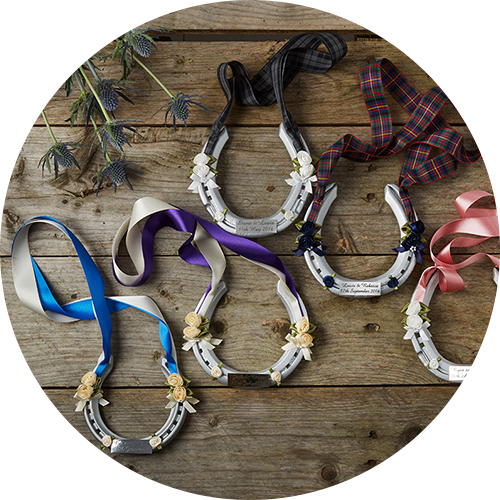Wedding Traditions & Superstitions
Wedding day superstitions have been around since the beginning of time. Whether tying tin cans to the back of the ‘getaway car’ to ward off evil spirits or the bride wearing something old to assure a happy and fruitful marriage, many age-old traditions have budded from such superstitions.
In days gone by, it seems that weddings were viewed as an occasion during which people were particularly susceptible to bad luck and evil spirits. As a result, an almost endless number of customs and superstitions have accumulated. Some are widely known, such as the bride not being seen in her wedding dress by the groom before the ceremony, and others tend to be regional or culturally specific. Either way, it appears that the bride and groom should be very careful!

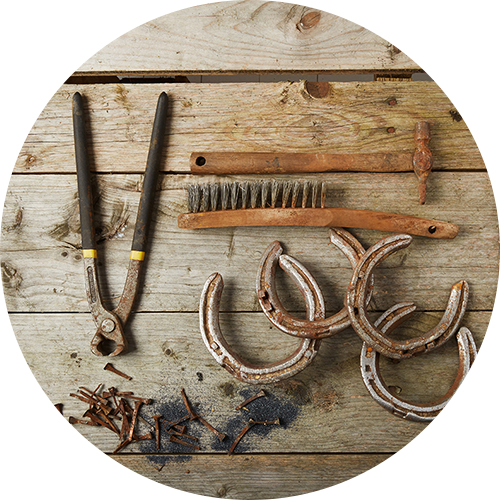
Proposals & Engagement
- A woman should only propose to a man during a leap year, otherwise it endangers the marriage.
- Engagement and wedding rings are worn on the fourth finger of the left hand because it was once thought that a vein in that finger led directly to the heart.
- It is bad luck for the bride to remove her engagement ring before the day of her wedding.
- Stag parties were first held by ancient Spartan soldiers, who kissed their bachelor days goodbye with a raucous party.
- It is unlucky for a woman to marry a man whose surname begins with the same letter as hers: To change the name and not the letter is to change for the worst and not the better.
The Bridal Shower
- The first gift the bride opens should be the first gift she uses.
- The person who gives the third gift to be opened will soon have a baby.
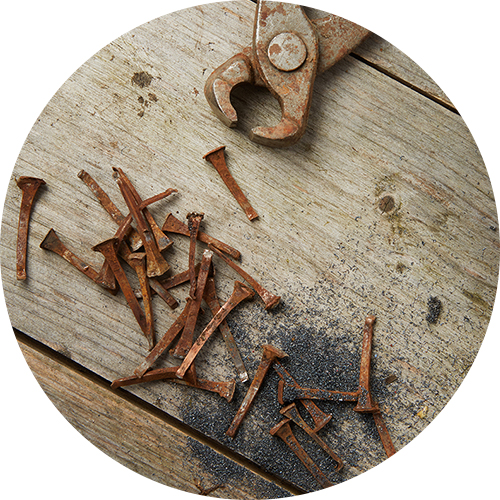
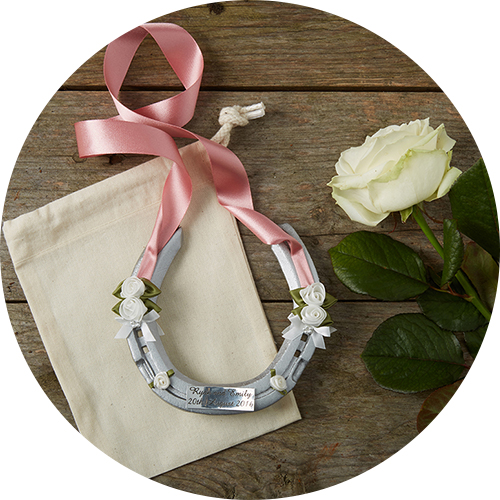
The Wedding Day
- It brings more luck if the groom arrives at the church before the bride.
- It’s bad luck for the bride to start down the aisle on time but good luck to step into the church with her right foot first.
- Saying your vows when the hour hand on the clock is going upwards makes you work together in your married life. If you say your wedding vows when the hand is going down, it is bad luck.
- If the bride cries on her wedding day, those shall be the last tears she ever sheds over her marriage.
- If the groom drops the wedding band during the ceremony, the marriage is doomed.
- It is considered bad luck for the bride to see a pig, hare or lizard running across the road, an open grave or to meet a nun or monk on her wedding day.
- Flower girls drop petals as they walk down the aisle is to ensure the new couple will have many chances to have children.
- Carrying a horseshoe or a bouquet in the shape of one is considered lucky for the bride, but only if the horseshoe is carried with the open end up so the luck does not ‘fall out’.
- An old wives’ tale is that if the younger of two sisters marries first, the older sister must dance barefoot at the wedding or risk never landing a husband.
- Certain days are better than others for a wedding. The Victorians believed that it was lucky to marry on a day during the week that the groom was born. The luckiest day to marry was on the groom’s actual birthday. And, oddly enough, Saturday was the unluckiest day of all for a wedding!
Wedding Attire
- The loan of a wedding dress means good luck to the borrower and bad luck for the lender.
- A veil disguises the bride from evil spirits.
- Dressing the bridesmaids is to fool the evil spirits, so they will not know who the bride is.
- It is considered good luck if the bride finds a spider in her wedding gown.
- Wearing a pearl on the wedding day will bring bad luck and tears throughout the marriage.
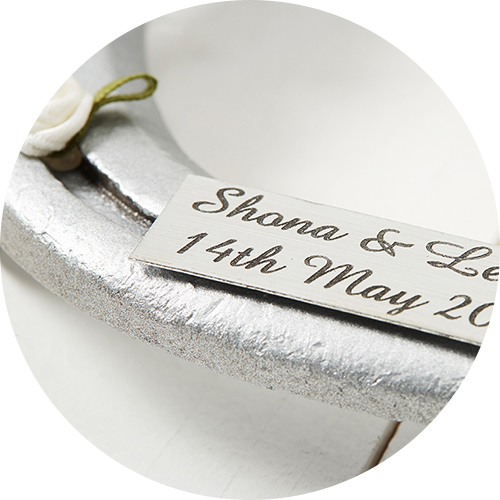
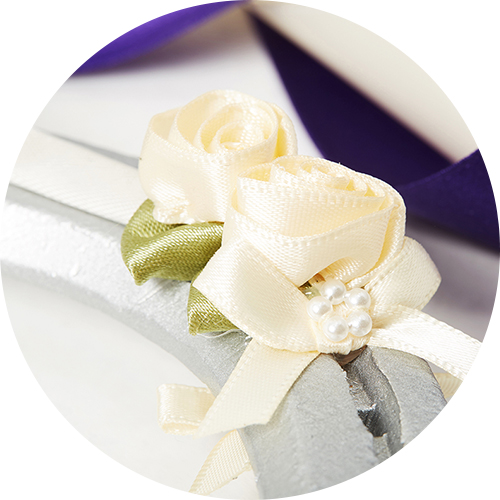
The Wedding Cake
- The bride and groom cut the first slice of cake together to ensure that they will conceive.
- The chief bridesmaid should keep a piece of cake in her pocket for the duration of the couple’s honeymoon, if she hopes to marry soon.
- Single female guests should take home a piece of wedding cake and place it under the pillow to dream of the man they will marry.
After The Wedding
- Throwing rice (or birdseed or confetti) as the couple leaves the church dates back to ancient times and is meant to bestow fertility on the couple.
- The new bride must enter her home by the main door, and must not trip or fall, as it is a bad omen if the bride should stumble. Hence the custom of the groom carrying the bride over the threshold.
